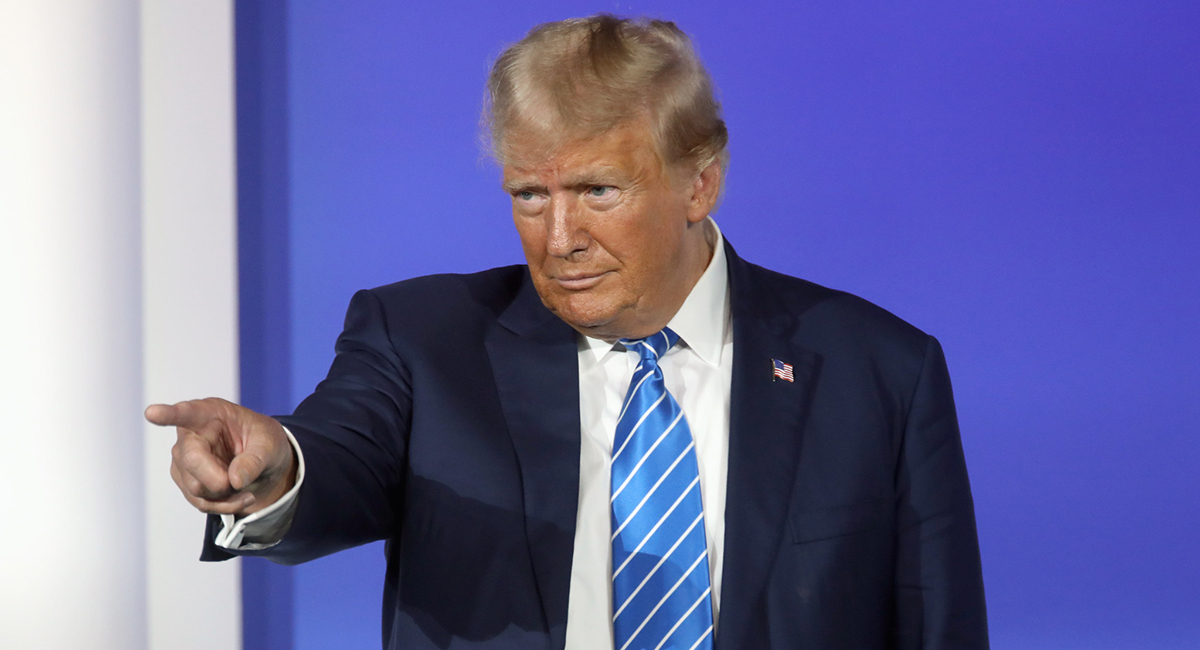The man who just got elected president of the United States has contradictory instincts: he wants to get the government off people’s backs, and he wants the government to play a gargantuan role in everything. He wants to lower taxes and raise spending; he wants fewer wars and an imperial military; he wants to remove obstacles to prosperity; and he wants to use tax money and the Federal Reserve to boost people’s incomes, in effect redistributing money, fueling inflation, and piling up the debt.
Resolving these major contradictions or not will determine the success or failure of the next presidency and whether this country gets back on a sensible economic path. The U.S. has become accustomed to budget deficits totaling 6-7 percent of GDP, a national debt of 120 percent of GDP, annual interest on that debt of almost $1 trillion, and very low productivity despite technological advances. The low productivity results from modest levels of net private investment in real terms (barely 5 percent of GDP) due to suffocating amounts of regulation and taxation, and an anti-business environment that gets worse with every new progressive fad. The only way to begin to redress all of this is for Trump to resolve his contradictory instincts and return to the small-government philosophy that once dominated the GOP (even if it oftentimes did not live up to its principles).
During the campaign, Trump announced he would extend various provisions of the 2017 Tax Act after they expire next year and exempt more than 20 million people (folks in the military and police, plus veterans, firefighters) from the income tax—not to mention his promised exemption of tips, Social Security benefits, and overtime wages. If so, the fiscal purse would take an $11.5 trillion hit over the next decade, according to some calculations.
If Trump and Congress were interested in making up that revenue loss and the existing fiscal deficit with mammoth spending cuts, that would be wonderful news—except for the tiny problem that millions of taxpayers would find it a little unfair that so many of their countrymen and women had been let off the hook while they continued to send checks to Uncle Sam.
It turns out, however, that even though Trump has given Elon Musk and Vivek Ramaswamy marching orders to suggest how to slash government waste, Trump has also sworn not to touch the sacred cows that constitute the great majority of the federal budget, including Social Security, Medicare, national security, pensions, and veterans programs, not to mention, of course, the interest government is obliged to pay on the mountains of debt that past governments, including his previous administration, accumulated.
Who is going to fund the massive gap? Trump cannot do it the old-fashioned way—that is, by issuing bonds and selling them in the marketplace—because, given the state of the government’s finances, interest rates would go through the roof (and he has promised to lower them dramatically!). Another way would be to raise taxes on Americans who won’t enjoy the exemptions just mentioned (which he has promised never to do). Would he be able to close the gap with the tariffs he has pledged to impose on China (60 percent) and on all other imports (20 percent)? Not even close—not to mention that those tariffs will in effect become a tax on consumers because, as is usually the case, the elevated cost of imports would end up being transferred to them.
What are we left with then? Money printing, of course. The contradictory instincts of the incoming president, unless somehow resolved, would end up requiring the Fed, whose balance sheet adds up to $7 trillion today, to monetize colossal amounts of new government debt, pumping trillions more into an economy that has been severely hurt by inflation in recent years—which very likely cost Vice President Kamala Harris the election.
It’s either that or Trump will have to go back on most of his promises—and face the music from his political base.













